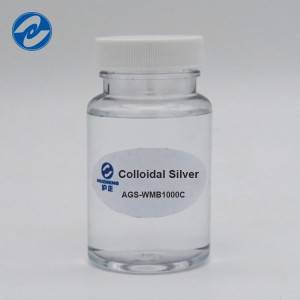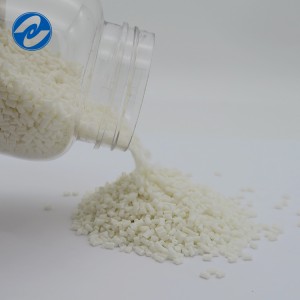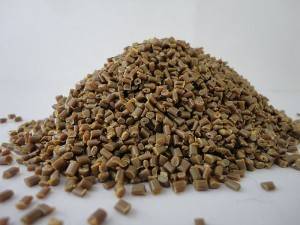2019 High quality China Luckyman Anti-Bacterial Melt Blown Layer 25g PP Meltblown Nonwoven Fabric Bfe99.5 Polypropylene for KN95
We attempt for excellence, provider the customers”, hopes to be the most beneficial cooperation team and dominator enterprise for staff, suppliers and shoppers, realizes value share and continuous advertising for 2019 High quality China Luckyman Anti-Bacterial Melt Blown Layer 25g PP Meltblown Nonwoven Fabric Bfe99.5 Polypropylene for KN95, We’ve been devoted to offer professional purification technology and methods in your case!
We attempt for excellence, provider the customers”, hopes to be the most beneficial cooperation team and dominator enterprise for staff, suppliers and shoppers, realizes value share and continuous advertising for China Melt-Blown and Bfe99 price, Ensuring high product quality by choosing the best suppliers, we’ve got also implemented in depth quality control processes throughout our sourcing procedures. Meanwhile, our access to a large range of factories, coupled with our excellent management, also ensures that we can quickly fill your requirements at the best prices, regardless the order size.
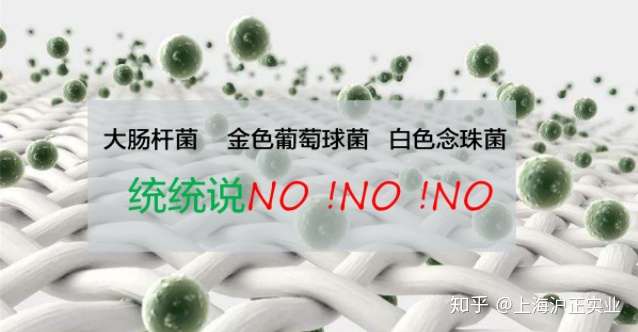
Antibacterial principle
First, the direct interaction between the copper surface and the bacterial outer membrane ruptures the bacterial outer membrane; then the copper surface acts on the holes in the bacterial outer membrane, causing the cells to lose necessary nutrients and water until they shrink.
The outer membrane of all cells, including single-celled organisms like bacteria, has a stable microcurrent, usually called “membrane potential.” To be precise, it is the voltage difference between the inside and outside of the cell. It is likely that a short circuit occurs in the cell membrane when the bacteria and the copper surface come into contact, which weakens the cell membrane and creates holes.
Another way to create holes in bacterial cell membranes is local oxidation and rust, which occurs when single copper molecules or copper ions are released from the copper surface and hit the cell membrane (protein or fatty acid). If it is an aerobic impact, we call it “oxidative damage” or “rust”.
Since the main protection of the cell (the outer membrane) has been breached, the flow of copper ions can enter the cell unimpeded. Some important processes inside the cell are destroyed. Copper really controls the inside of cells and hinders cell metabolism (such as biochemical reactions necessary for life). The metabolic reaction is driven by enzymes, and when excess copper is combined with this enzyme, they will lose their activity. The bacteria will not be able to breathe, eat, digest and produce energy.
Therefore, copper can kill 99% of bacteria on its surface, including Staphylococcus aureus, Escherichia coli, etc., and has a good antibacterial effect.
Recently, the market for antibacterial and antiviral masks is booming, which is a good opportunity to increase the added value of enterprise products!


.jpg)

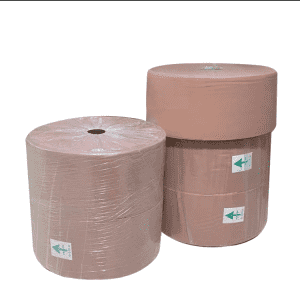

-300x300.jpg)

